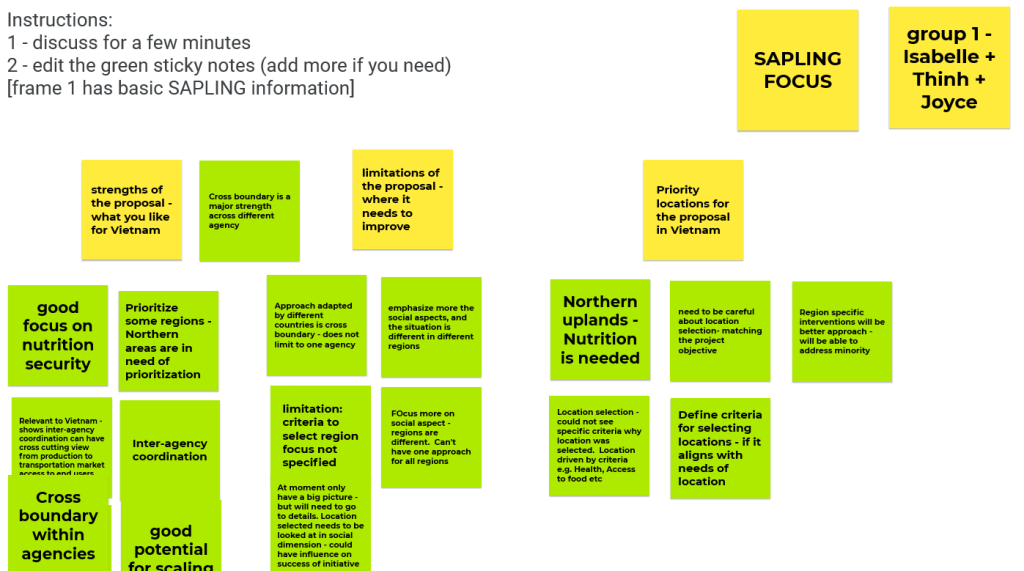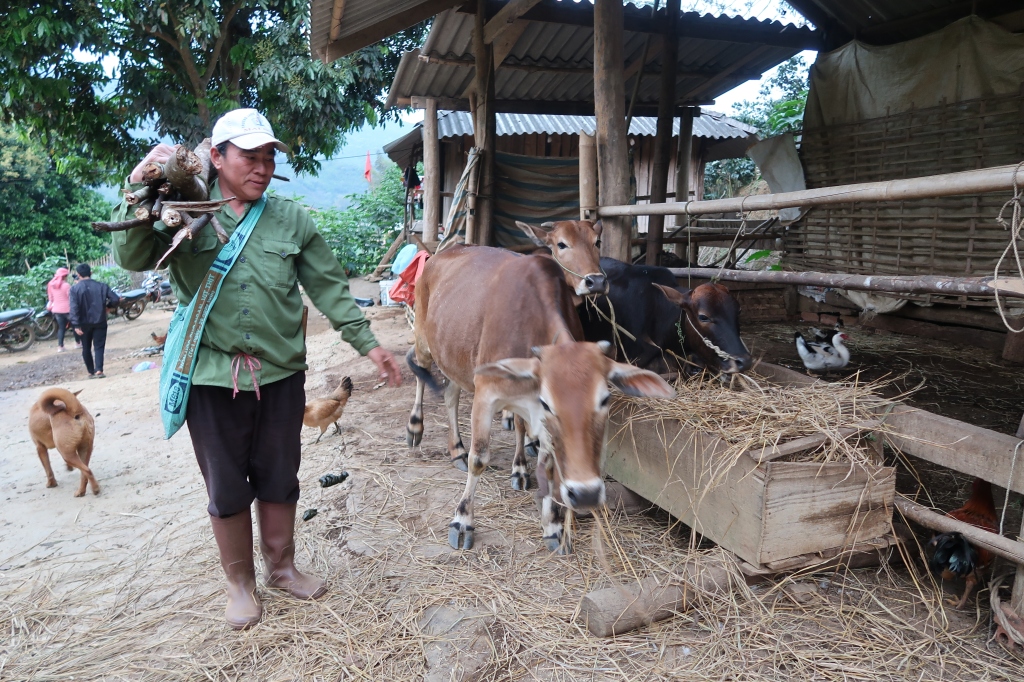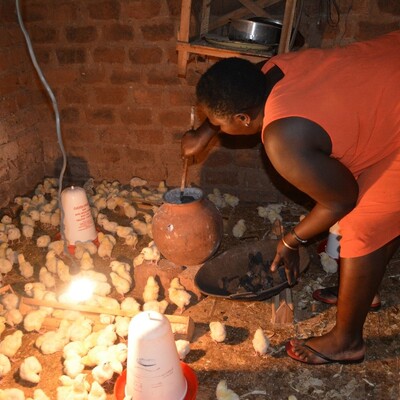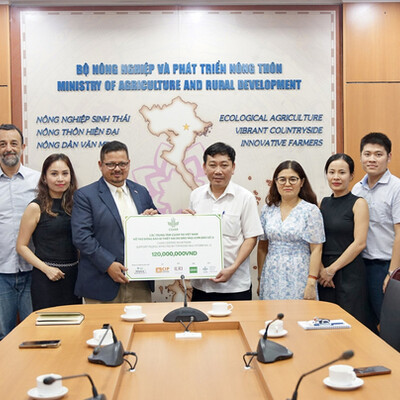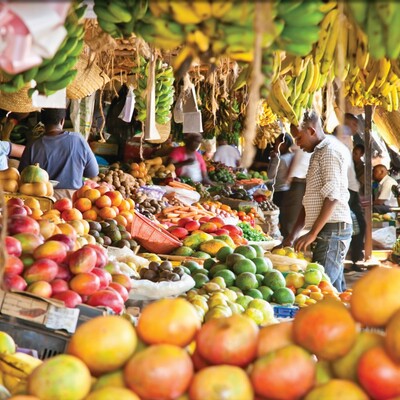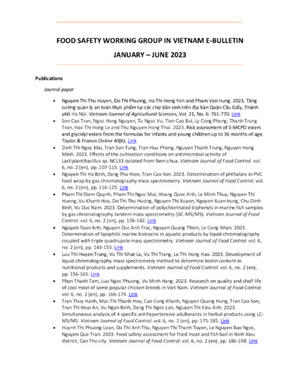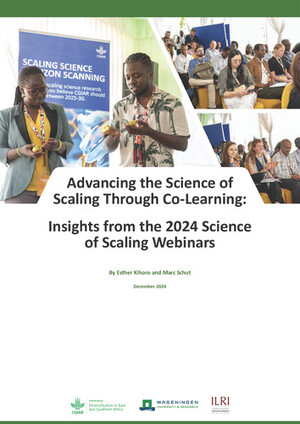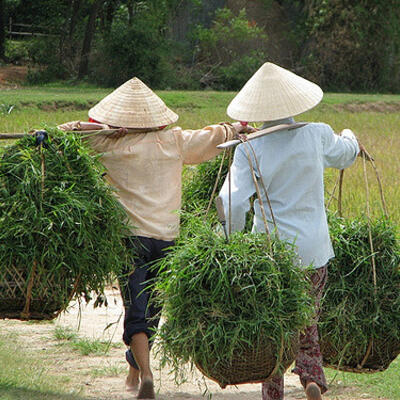
Engaging key stakeholders towards a CGIAR sustainable animal productivity initiative in Vietnam
To implement its 2030 research and innovation strategy, the global research partnership CGIAR is developing a series of initiatives designed to achieve a world with sustainable and resilient food, land, and water systems that deliver more diverse, healthy, safe, sufficient and affordable diets, and ensure improved livelihoods and greater social equality, within planetary and regional environmental boundaries.
One of these research initiatives, Sustainable Animal Productivity for Livelihoods, Nutrition and Gender Inclusion (SAPLING) aims to enable one million livestock producers (half of them women) of cattle, chickens, small ruminants and pigs to engage in inclusive value chains and achieve sustainable productivity gains of 30–50% by 2024. Vietnam is one of six focus countries (Ethiopia, Mali, Nepal, Tanzania, Uganda and Vietnam) identified to be part of the proposed initiative.
On 30 July 2021, a consultation meeting brought together CGIAR scientists and 90 partners in Vietnam from government ministries, universities as well as national and international research organizations to review key elements of the proposed initiative, aiming to improve it by:
- specifying which elements and work packages are the highest priority for Vietnam;
- identifying missing elements that must be included for it to best serve Vietnam’s situation;
- providing feedback to strengthen the proposed approach and framework;
- identifying the interests of key national actors in the initiative.
Vu Thanh Liem, deputy director general of the International Cooperation Department, Ministry of Agriculture and Rural Development of Vietnam, noted how the livestock sector is key to the country’s development saying it has critical contributions to the livelihoods of smallholders, to farm income, employment, poverty reduction, improved diets and in helping to bridge the gender inequality gap.
‘The public and policymakers are looking for pathways to transform the livestock sector to lift people out of the challenges caused by the COVID-19 pandemic using market-driven solutions and improved productivity while ensuring social inclusion and environmental protection. We look forward to further improvements in the livestock sector through initiatives such as SAPLING,’ he said.
Barbara Rischkowsky, the International Center for Agriculture Research in the Dry Areas (ICARDA’s) research team leader, introduced the One CGIAR system to the participants noting its unified governance under which various research centres will be working together through the proposed initiatives to harness capacities. She emphasized the role that partnerships with stakeholders will continue to play to ensure inclusivity in the SAPLING initiative.
Mourad Rekik, ICARDA co-leader of the SAPLING initiative’s design team, introduced the initiative. He outlined its objective of enabling one million livestock producers – 50% women and youth – to engage in inclusive value chains and achieve sustainable productivity gains of between 30% and 50%, resulting in improved livelihoods. This will be accomplished by developing a pipeline of new and existing demand-driven animal health, genetics, feed and market systems technologies, practices and tools that fill critical productivity and value-chain competitiveness gaps. It will generate evidence and tools for enhancing equity, inclusion, food and nutrition security in key value chains.
Mary Otieno of the Alliance of Bioversity International and CIAT, explained the relevance of the initiative in the context of Vietnam. She pointed out that the ethnic minority people, who account for 15% of the total population in Vietnam and who live mostly in the Northwest and Central highlands of the country, experience the highest levels of poverty, malnutrition, and gender inequality. Though their livelihoods are critically dependent on agriculture, this sector, especially livestock production faces several key challenges including low productivity and efficiency, poor animal husbandry, inefficient food safety management, nutrition insecurity, low decision-making power for ethnic minorities, women and youth, and limited market access and low market competitiveness. ‘SAPLING offers several solutions to address these challenges and will contribute to the recently approved national livestock strategy for 2021–2030 that emphasises on sustainable development, competitiveness enhancement, diseases and environment protection and food safety and quality improvement, she said.
The research activities of the SAPLING initiative are planned to take place through five work packages including:
- Technologies and practices for sustainable productivity
- Food and nutrition security
- Equity and inclusion
- Innovation packages for value chain competitiveness
- Evidence, decisions and scaling
The design team briefly presented the challenges that each work package will address and examples of main innovations.
In the group discussion session, stakeholders gave feedback on the work packages, key challenges, priority interventions, locations and value chains that can meet the needs of Vietnam.
Stakeholders discuss elements of the proposal on Jamboard platform (photo credit: ILRI).
Among challenges facing Vietnam livestock sector, animal nutrition, animal feed, limited forage production and animal diseases burden were pressing issues highlighted by participants.
Regarding key elements of the proposal, participants noted some strengths including a good focus on nutrition security, priority for marginalized communities in Northwest Vietnam, and inter-agency coordination. The proposal was well-received as it can address inclusion and empower ethnic minorities and has potential for scaling. However, participants suggested more attention be paid to social aspects and clearer criteria for site selection. They also said that context-specific impacts pathways should be clearly linked to each work package.
Participants also discussed priority locations and value chains where the initiative can create maximum impact. The northern upland areas and Central Highlands were identified as the top priorities for interventions as these have the highest poverty and malnutrition rates in the country. Pig was recommended as a key value chain to lift the local people out of poverty. In addition, cattle was identified as a good option for farmers both in northern Vietnam and the Central Highlands.
Cattle is identified as a key value chain for farmers in both northern Vietnam and the Central Highlands (photo credit: ILRI).
With respect to priority interventions for Vietnam, some recommendations from the meeting included improving productivity for upland areas, focusing on herd health and genetics, prioritizing feeds and forages while strengthening value chains, and enhancing market access for the deltas. Participants also suggested supporting cooperatives that apply the Vietnamese Good Agricultural Practices (VIETGAP), better coordination among different actors in the supply chains to address high costs and poor infrastructure and engaging social science partners in addressing gender equality and inclusion.
At the end, stakeholders gave additional feedback to the team to make the initiative a success if approved. These included the need for adopting a systems approach to improve animal productivity, paying attention to the project sustainability and scalability, crop-livestock integration, multisector involvement and engaging policymakers and the private sector throughout the program lifecycle.
Dao The Anh, vice president of the Vietnam Academy of Agricultural Sciences, Ministry of Agriculture and Rural Development, said the SAPLING initiative will boost the country’s research investment. He called on the partners in the initiative to find solutions to support smallholder livestock production in the fierce competition with commercial production systems. ‘Closer collaboration between CGIAR centres and Vietnamese research institutes on crop and livestock production will provide the evidence to better serve the food system policy in Vietnam,’ he concluded.
Isabelle Baltenweck, International Livestock Research Institute (ILRI) senior scientist, on behalf of the SAPLING design team, thanked partners for their contribution. The design team will review the proposal before submitting it to donors at end of September 2021. If approved, the CGIAR SAPLING initiative will start in January 2022 and run for an initial three years.
For more information, please contact Isabelle Baltenweck, ILRI i.baltenweck@cgiar.org






